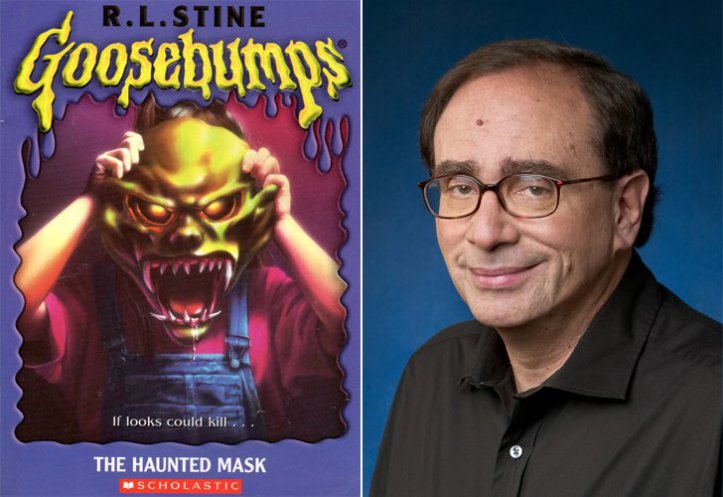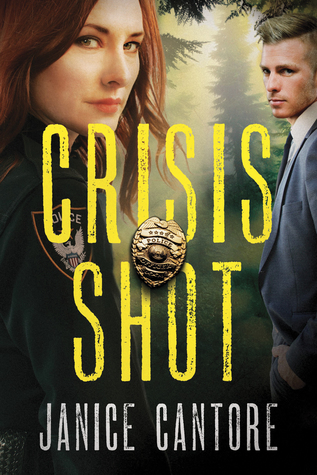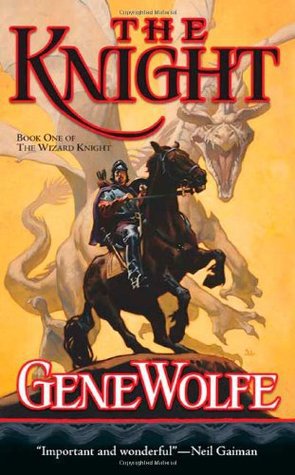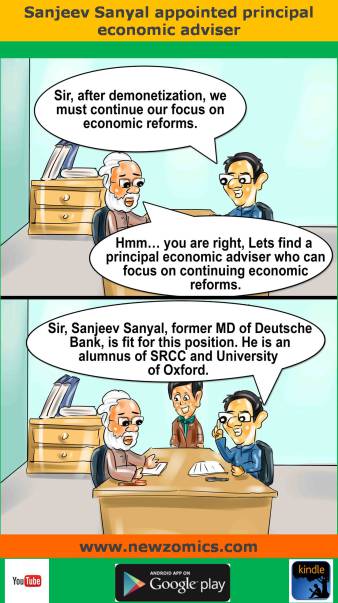 TUESDAY, MARCH 14, 2017 AT 10:08AM
1. Tell us a little about your new novel.First off, Christine, thank you so much for interviewing me! As a debut author at a new press, it’s not always easy to capture the interest of the media. I appreciate your generosity in giving me this opportunity.
TUESDAY, MARCH 14, 2017 AT 10:08AM
1. Tell us a little about your new novel.First off, Christine, thank you so much for interviewing me! As a debut author at a new press, it’s not always easy to capture the interest of the media. I appreciate your generosity in giving me this opportunity.
Pax Americana is my first novel, the beginning of a trilogy I’ve been working on for more than a decade. I began the project during the Bush administration as a response to the greed, militarism, and religious extremism I saw growing in America in the wake of 9/11. Those impulses have always been with us, I think, in America and, more broadly, humanity. But the first decade of the 21st century saw them reach what seemed to be an apex—the Great Recession born of the housing crash, the wars in Afghanistan and Iraq, the idea of a clash of civilizations between Islam and the West—sadly, that hasn’t been the truth of it.
Turns out after what may well come to seem the idyllic Obama administration, we’ve doubled down on all the things that made his predecessor, Dubya, such a horrible president. The know-nothing-ism, the Christian bigotry, the militarism, the ludicrous tax cuts for the wealthy, the overspending. With Trump, it seems we’re going to get every bit of Dubya’s disastrous policies without the benefit of his “compassionate conservatism” or the experienced advisors he brought to Washington care of his father’s administration. And it’s all going to be delivered to us by a uniquely boorish neo-fascist jackass, one Donald J. Trump. Maybe the only positive I can take from the current environment is that it makes Pax Americana relevant in a way it may not have been had Clinton won.
A literary thriller set in 2034, Pax Americana is a satirical spy novel about an America that’s run wild with Christianity and extreme capitalism; the blending of which (do unto others, turn the other cheek, the bit about the rich man and the camel) would seem impossible in the abstract. Somehow we manage. Pax Americana’s protagonist is a young government agent named Tuck Squires. Tuck’s wealthy and handsome, tall and athletic—everything you’d want if you were creating a secret agent in a lab—but he’s also an evangelical Christian and a bit of a fuck-up. Paired with a much older former super-spy (and semi-former drunk) named Ken Clarion, Tuck takes off to investigate the disappearance of Diana Scorsi, a scientist who’s developed a breakthrough spirituality program, a sort of non-denominational god software. The technology is called Symmetra and it represents an advance so disruptive it has the potential to bring about world peace on one hand, apocalypse on the other.
2. How did this novel begin, i.e. was there a model for Tuck Squires, for example?
Pax Americana began more than a decade ago with a short story about an inventor of “God” software and an American real estate developer trying to rebuild Jerusalem in the wake of a catastrophic terrorist attack. I won’t get too far into it, because I see a lot of the material as working into the other two books in the trilogy; but, I can say without reservation, it began in a very different place than it ended. I guess anything you work on that long is going to change a lot during construction. As to Tuck, I suppose he’s a fantasy of sorts. From the outside at least, he’s the guy I would have liked to be. But there’s plenty of self-mockery built into the fantasy. While he may seem perfect, Tuck is a victim of his own privilege, his head, like those of many Americans, filled with stereotypes about poor people, women, racial minorities, and non-Christians. He’s a bumbler, too. I mean, Tuck may look like one of those brooding Ralph Lauren models and he may think he’s James Bond; but deep down he’s more like a cross between Mitt Romney and Daffy Duck. For me, perhaps the most interesting thing about Tuck is how unaware of his own flaws he is; not to mention those of America, Christianity, and Capitalism. But that’s all going to change. This trilogy represents a kooky sort of intellectual and spiritual journey for Tuck, his very own Road to Damascus.
3. You name Martin Amis as one of your biggest literary influences – which books of his, specifically? (I’m a huge fan of The Information and his memoir Experience, in particular).
I’m a big believer in the importance of masters to a writer and Amis is chief among mine. I also love The Information. I’ve read that three times. But my favorite book by Amis and I think the one that most influenced me as a writer is London Fields. I’ve read it six times.
I told Amis that once. It was at a reading of his in Boston. The end of the night, the end of a long, long signing line, I finally got to talk to him and my brain froze. All I could spit out was something like “I’m a huge fan” and the bit about having read London Fields an ungodly number of times (perhaps at that point it was three or four). I’ll never forget his response, “What on earth for?”
I did a double take, trying to figure out whether my literary hero was mocking me; but it was a sincere question, the sort that defines a writer with real class. He waved off the Waterstone’s minders who’d swooped in to rescue him from an obvious lunatic and listened as I told him what I thought of his book. I doubt the conversation lasted more than a minute, and I’m sure it didn’t register with Amis, but it was a memorable experience for me.
4. You write book reviews frequently for The Nervous Breakdown–how do your critical skills influence your fiction writing?
Yes, I do a book review column for The Nervous Breakdown. It’s a micro review column so I cover six books each time, three hundred words or so on each. I also do longer form reviews for other outlets, most notably Electric Literature. I need to get back to my column. I’ve let it slide a bit lately, but once this book is released I intend to dive back in.
I spend a lot of time thinking about symbolism and themes when I’m reviewing, and I think that carries over to my fiction. I know there are plenty of writers, professors, and critics who shy away from talking about those things. Maybe they see them as juvenile, but to me, it’s important to think about what’s behind a text. To be clear: While I think themes and symbols are important, I also think they’re malleable in that they can have different, valid meanings for different readers. When I think of symbols in fiction, I come back to Kundera’s philosophy of the novel, “The stupidity of people comes from having an answer for everything. The wisdom of the novel comes from having a question for everything… In a world built on sacrosanct certainties the novel is dead. The totalitarian world, whether founded on Marx, Islam, or anything else, is a world of answers rather than questions. There, the novel has no place.” I’d simplify this as saying, “The novelist’s job is to ask questions, not to answer them.” To which I’d add, there are many different sorts of questions.
5. Bobby Jindal, governor of Louisiana, is a character here & is satirized with great wit – aside from the obvious, his political platform, what led you to choose him as one of your emblematic characters of right-wing policy?
Jindal is uniquely representative of the Bush era for me. More than that, he provides a bridge to the Obama years and understanding what the Republicans took away from Obama’s presidency. The Republicans both hated and admired Obama because of what he achieved despite his race and his youth. Yet, that’s what they boiled him down to: race and youth. And, so, with someone like Jindal, they attempted to find their own Obama, their own youthful minority politician. But the fact that they spent so much time trying to make Jindal into a star points to how little they understood Obama’s appeal. They didn’t get Obama’s intellect or his charm, his charisma, his skill as an orator, or any of his other singular qualities. They only understood he was young and a minority. Jindal failed as a national political figure not because he was young or a minority, but because that’s all he was. In a way, Pax Americana is a send-up of what America might have looked like if the Republicans had gotten everything they’d wanted, and that had just kept going. And so, as part of that, I made Bobby Jindal Governor of Louisiana, basically forever.
6. Did you ever think about setting this novel in the present? Or did you know from the beginning that you would set it in 2034 or thereabouts?
I considered making the timing different initially. In the end, divorcing it from present day was important. The alternate history angle of this was central to me, and the geopolitical, social, and technological extrapolations had to work. I spent a lot time charting out political events and life cycles for various characters, making sure they did. Ultimately, 2034 was the year when things came together.
7. What’s next, if you don’t mind telling us?
Mind? Are you kidding? I’d love to.
Right now, I’m working on a novel called Loki’s Gambit. A mythocomic crime fantasy set (mostly) in the modern world, the book is narrated in first person by the Norse god Loki. In addition to POV, there are a few other twists on the typical rendering of Norse mythology, most important probably that Loki’s “good.” Consequently, the typically “good” gods (Odin, Thor, etc.) are evil. There’s also Nazi gold, modern conservatism and neo-fascism (even a bit about Trump), a little magic, a lot of sex, BMW’s, biker gangs, a coup in Germany, giant little people, a dog named Fenris, a norn named Sunshine, and, of course, a caper or two. As for Pax Americana, this book is indeed the beginning of a trilogy. The other volumes, for which I have plenty of material, are tentatively entitled Virtual Jerusalem and The Gods of Heroes and Villains. I’m also about halfway through a poetry collection, which I don’t expect to make much money but I very much want to see in print.
Kurt Baumeister has written for Salon, Electric Literature, The Weeklings, The Nervous Breakdown, The Rumpus, The Good Men Project, and others. An Emerson MFA and Contributing Editor with The Weeklings, his monthly Review Microbrew column is published by The Nervous Breakdown. Baumeister’s debut novel, a satirical thriller entitled Pax Americana, will be published by Stalking Horse Press in early 2017. Find him on Facebook, Twitter, or at www.kurtbaumeister.com.





